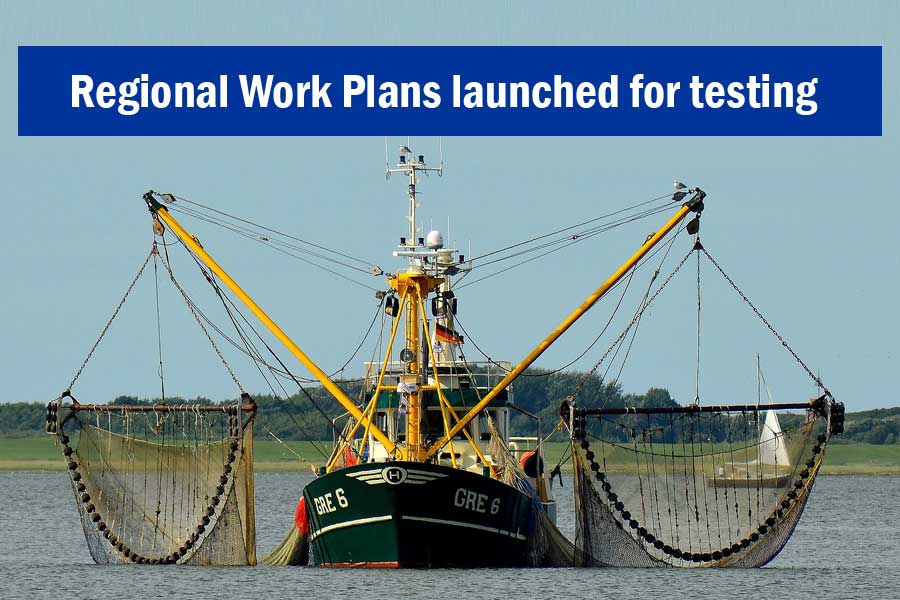Two Regional Coordination Groups (RCGs), RCG North Atlantic, North Sea & Eastern Arctic (NANSEA) and RCG Baltic, presented non-binding Regionally coordinated Work Plans (RWP) for data collection in the fisheries and aquaculture sectors for 2022. The Scientific, Economic and Technical Committee for Fisheries (STECF) has evaluated these Regional Work Plans. More info available on STECF 21-17 report
The non-binding plans include agreed list of international and regional meetings (Table 1.2), but the most remarkable is the regionally agreed Table 2.1 listing required species/stocks and their selection for regional sampling. The table has been developed by RCGs experts working on the regional catch, effort and sampling overviews subgroup, and the FISHN´CO project experts. The Regional Work Plans are the major achievement of the FISHN’CO project in its first year of implementation.
The RWPs specify agreed level of ambition and activities in thematic focus areas for regional coordination of data collection, as well as their current state of play.
The NANSEA RWP incorporates regional coordination for sampling diadromous species: salmon and sea trout (textbox 2.3). The Baltic RWP, besides the regional coordination for sampling diadromous species, incorporates regional coordination for sampling small pelagic fish in the Baltic (textbox 2.5).
After first promising results, FISHN´CO project will evolve in 2022 to yield similar results for other RCGs within its scope, namely RCG Large Pelagics and RCG on Economics Issues. FISHN´CO project aims at adding value to the RCGs subgroups developing RWP elements. The non-binding RWPs for 2022 provide testing ground for regionally coordinated activities, to harvest highly valuable feedback from which to strengthen EU-MAP data collection through RWPs as instruments for reinforced regional cooperation.
